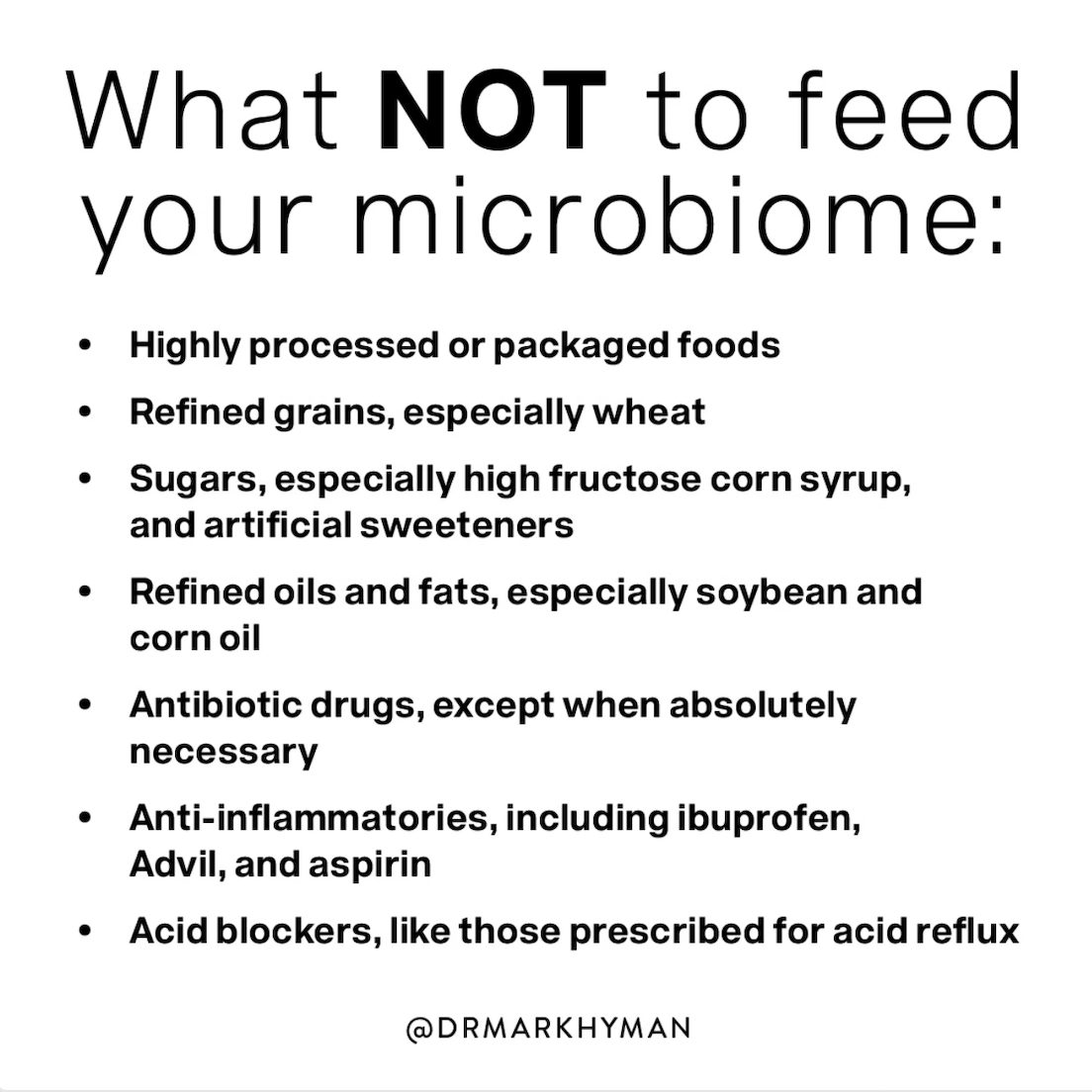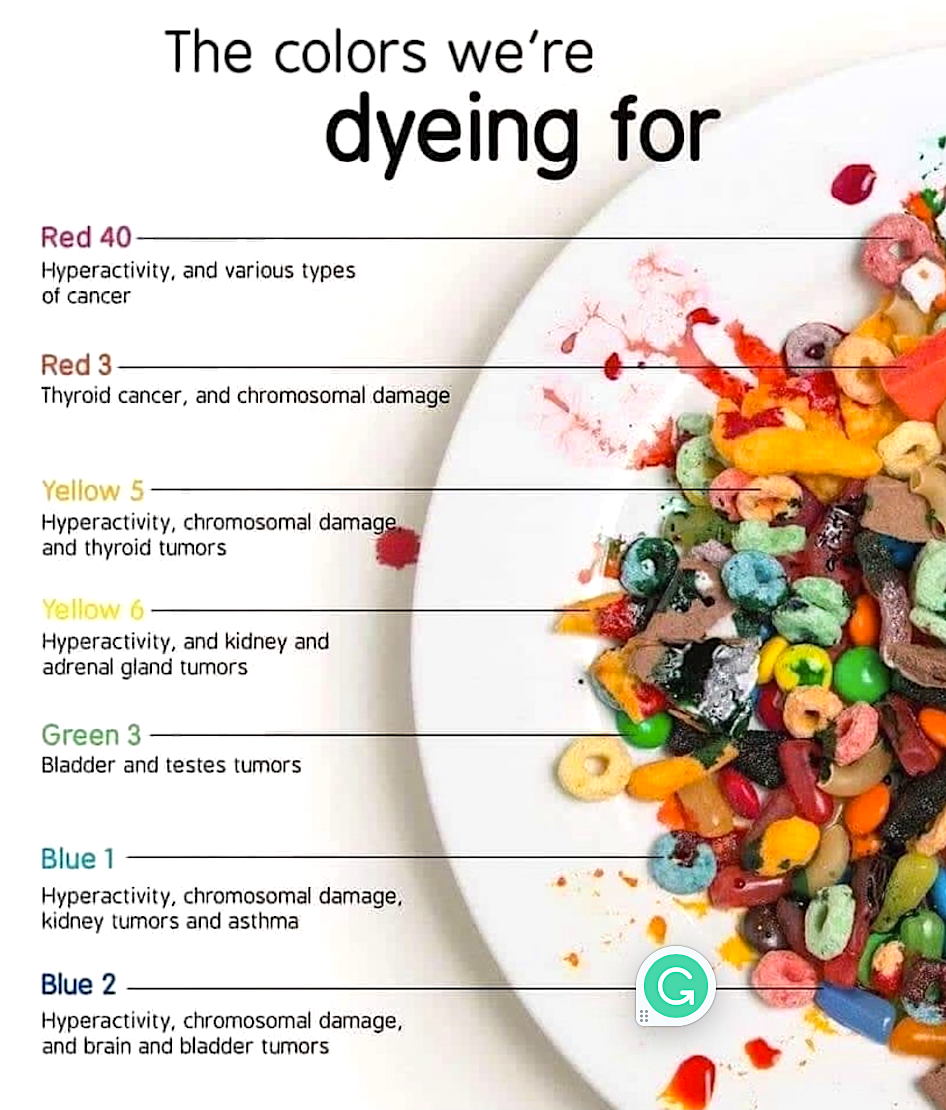The communication between food and genes affects our health, physiology, and longevity.
The idea that food delivers important messages to an animal’s genome is the focus of a field known as nutrigenomics.
According to cancer.org, “Nutrigenomics” is the study of how food affects a person’s genes and how a person’s genes affect the way the body responds to food. Nutrigenomics is used to learn more about how genes and diet together may affect a person’s health and risk of developing diseases, such as cancer.
It may also help find new ways to prevent and treat disease.
This is a discipline still in its infancy, and many questions remain unanswered. On the bright side, researchers have learned a great deal about how food components affect the genome.
How is Food Translated into Biological Instructions?
Food is composed of macronutrients, including carbohydrates, sugars, proteins, and fat.
Food also contains micronutrients such as vitamins and minerals. These compounds and their breakdown products can trigger genetic switches that reside in the genome.
Similar to the switches that control the intensity of the light in your house, genetic switches determine how much of a certain gene product is produced.
The “messages” in food can influence wellness, risk for disease, and even life span!
Blame (or Thank) Your Grandparents
Apparently, the ability of nutrients to alter the flow of genetic information can span across generations.
Studies show that in humans and animals, the diet of grandparents influences the activity of genetic switches and the disease risk and mortality of grandchildren.
One interesting aspect of thinking of food as a type of “biological information” is that it gives new meaning to the idea of a food chain.
If our bodies are influenced by what we eat down to the molecular level, another important thing to take into account would be what the food we ate consumed as well, as it would also affect our genome. For example, grass-fed cows VS grain-fed cattle.
As I have written before, food is literally cellular information.
Not only does the food we eat affect the genetic switches in our cells, but the microorganisms living in our guts, skin, and mucosa as well.
Food Additives & Packaging
Food additives have also been found also alter the flow of genetic information inside cells and have been linked to many other diseases.
This is also the case with the chemicals found in food packaging. THANKS FDA!
Bisphenol A, or BPA, a compound found in plastic, turns on genetic dials in mammals that are critical to development, growth, and fertility. Another reason contributing to our infertility crisis.
For example, some researchers have found in both human and animal models that BPA influences the age of sexual differentiation and decreases fertility by making genetic switches more likely to turn on.
The Body & Mind Connection
The close connection between diet and emotions stems from the close relationship between your brain and your gastrointestinal tract, often called the “second brain.”
The reason for this is due to the breakdown of short-chain fatty acids by gut bacteria which alters the levels of serotonin, a brain chemical messenger that regulates mood, anxiety, and depression, among other processes.
Many foods are linked to anxiety and depression and should be avoided for those who struggle with their mental health.
60% of Americans will be obese by the year 2030.
Hopefully, our government begins to take these important health matters into consideration, after they “advocated” for our health via mandates and economic shutdowns, as we saw during the recent pandemic.





















Add comment